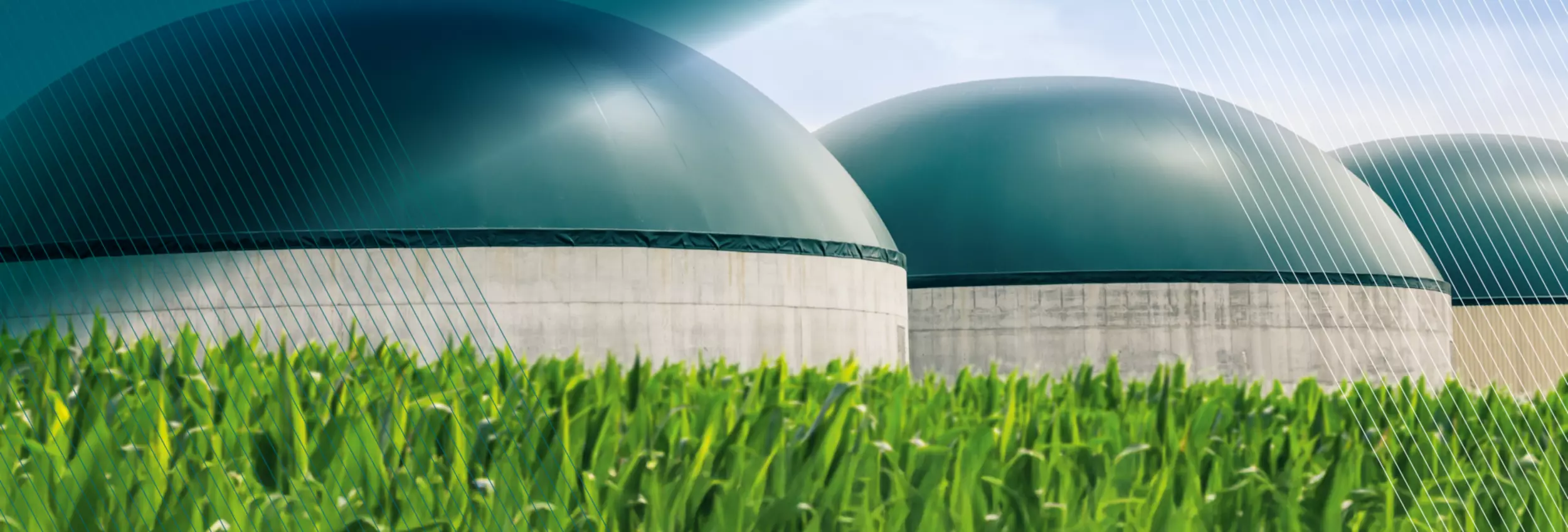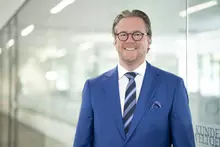We step out of the shadow

There is no alternative to the vision of a carbon-neutral future in which renewable energy sources cover all energy requirements. But there is still a lot to be done. The wildly fluctuating energy volumes from renewable sources, such as the much cited “Dunkelflaute” [a period of time in which little or no energy can be generated with wind and solar power, because there is neither wind nor sunlight], pose a particular challenge. But it can be solved – and in several ways.
To this end, the German National Academy of Science and Engineering (acatech) is currently researching the future role of base load power stations, for example. The "Energy Systems of the Future" (ESYS) initiative is investigating whether base load technologies such as nuclear fission, natural gas, geothermal energy or nuclear fusion might be of benefit to the German energy system.
Intelligent networks and storage technologies represent a further concept for stabilising electricity supplies. So-called smart grids improve grid stability by providing balancing energy, thereby matching supply and demand. Groundbreaking solutions such as virtual power stations and long-term storage solutions are helping to master the challenges of fluctuating energy volumes and boost the integration of renewable energies.
By way of a further alternative, HARTING is banking on a concept of its own that builds on demand-oriented, decentralised power generation. This third way is the decentralised way. If we go down this path, a familiar technology presents itself. The flexibilisation of biogas plants by retrofitting them with biogas storage tanks, in conjunction with combined heat and power plants, leads to flexible power stations. The technology has proven its potential. The commitment of companies demonstrates its feasibility time and again. HARTING is one such company that has been exploiting the possibilities of biogas plants for over a decade.
The foundations for sustainable business were therefore laid early on and underlined by the inception of ZEA Green Energy in 2011. HARTING spotted the opportunity offered by the Renewable Energy Sources Act that had just been passed at the time. This was followed by the construction of a 0.5-megawatt biogas plant, from which electricity was generated. A little later, the idea was born to produce biomethane. A 3-megawatt biogas plant with a treatment plant was built in Uchte for this purpose.
Sustainability has never been just a label for us. Rather, HARTING sets great store by the fact that the ZEA Green Energy only uses renewable raw materials, primarily maize, as its input material. Around 90 per cent of the biomass comes from the company's own farmland, in which a blend of crops and flowering areas are cultivated to promote biodiversity. The goal was and remains clear: By using biogas, we are strengthening the self-sufficiency of the HARTING Technology Group and acting as a role model in embracing the vision of sustainable production in Germany. HARTING is thus stepping out of the shadows figuratively speaking.

Philip Harting
Position: Chairman of the Board
- Company: HARTING Technology Group


